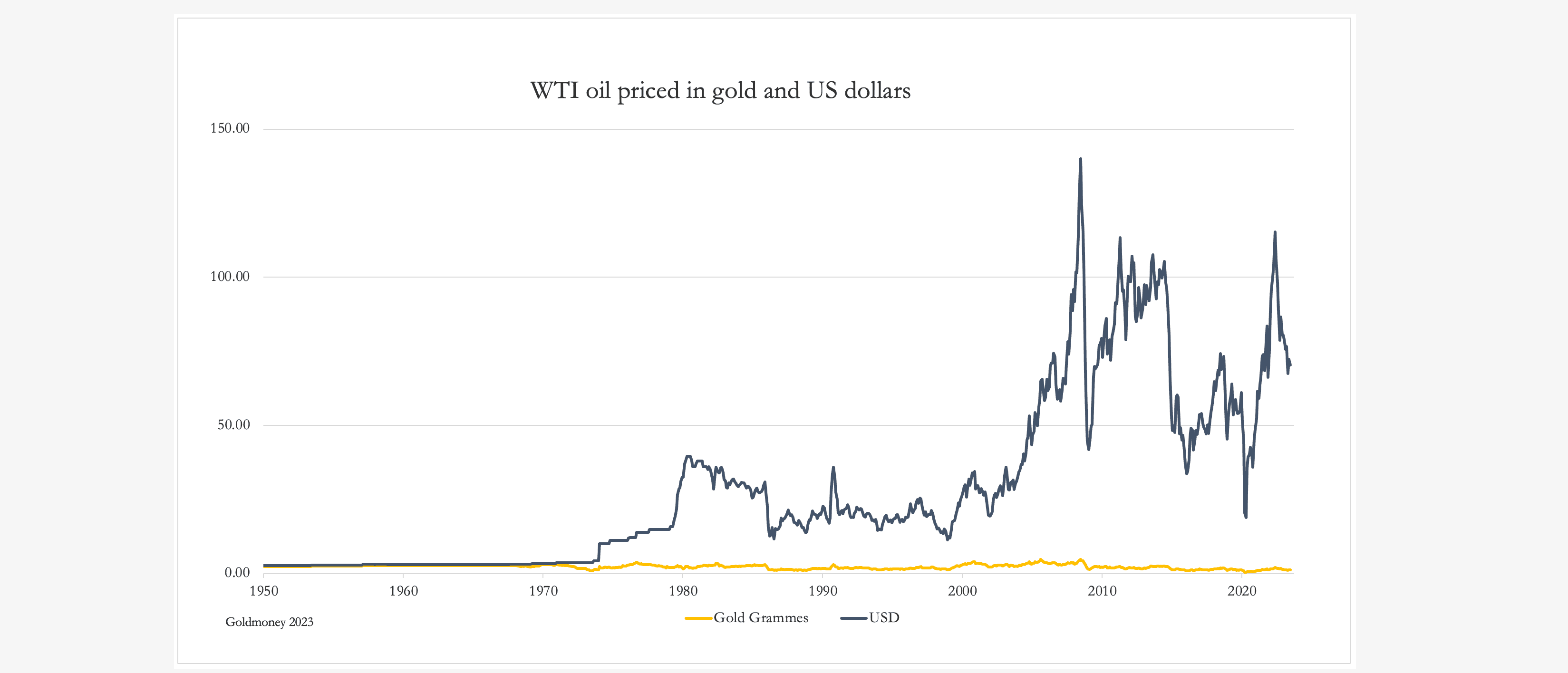From Deception of Government Intervention (1964) – an essay in Mises’ anthology Economic Freedom and Interventionism – we learn how governments adopted “the third way”:
Faced with the tremendous challenge of totalitarianism, the ruling parties of the West do not venture to preserve the system of free enterprise that gave to their nations the highest standard of living ever attained in history. They ignore the fact that conditions for all citizens of the United States and those other countries which have not put too many obstacles in the way of free enterprise are much more favorable than conditions for the inhabitants of the totalitarian countries. They think that it is necessary to abandon the market economy and to adopt a middle-of-the-road policy that is supposed to avoid the alleged deficiencies of the capitalistic economy. They aim at a system which, as they see it, is as far from socialism as it is from capitalism and which is better than either of those two. By direct intervention of the government, they want to remove what they consider unsatisfactory in the market economy.
Such a policy of government interference with the market phenomena was already recommended by Marx and Engels in the Communist Manifesto. But the authors of the Communist Manifesto considered the ten groups of interventionist measures they suggested as measures to bring about step-by-step full socialism. However, in our time the government spokesmen and the politicians of the left recommend the same measures as a method, even as the only method, to salvage capitalism.
In the aftermath of the financial crisis, we are now going down a road towards ‘judgement-based’ regulation of financial firms in an attempt to salvage capitalism.
It is proposed that firms will be supervised by what amount to shadow management teams of disinterested, public-spirited individuals more able to reach sound views than firms’ own management teams: they shall possess “the optimal experience and technical ability”.
Quite where these mythical philosopher kings are to be found, I do not know. Presumably, financial firms and regulators already hire the best people available. And the notion that the best people will work for the regulator despite inevitably higher rewards in the firms themselves is silly.
Financial firms will find their business subject to the day-to-day judgement of government officials. To think that those officials will be more capable than the institutions’ traders and managers is a fantasy. The outcome will be, as it has been, a surprise financial catastrophe as regulators fail to foresee the future and, since they are bound to converge on “best practice”, fail as one.
A free society is not one based on constant official interference with business. It is one based on cooperation, choice, competition, profit & loss, predictable rules fixed well in advance and exit from the market: that is, property, contract and the classical rule of law.
Rather than resort to fantastic ideas about the effectiveness of government interference with market phenomena, we would do better to reapply the principles of a free society. Financial institutions should be no exception, for government intervention caused the crisis [1,2].
Postscript: Marx and Engels’ ten measures are available here.


“There is no situation, no matter how bad, that cannot be made worse with government interferance” If only I could remember who said it first.
How’s the bill going will it get its second reading?
Samuel, email your local MP and ask him if he is supporting this Bill. If not, why not? The only way to get these things done is if MP’s feel that the public want something done.
I THINK what you are saying is that, rather than put in place a socond-guessing system of regulation – indeed, rather than put in place any system of regulation – we should allow banks to do what they want (including fail). As I understand it, the new regulatory approach proposes that banks etc will be allowed to fail, so that is a start. But the idea that their conduct should not be regulated and their ability to fail in a way that damages the system is an odd one to my ears.